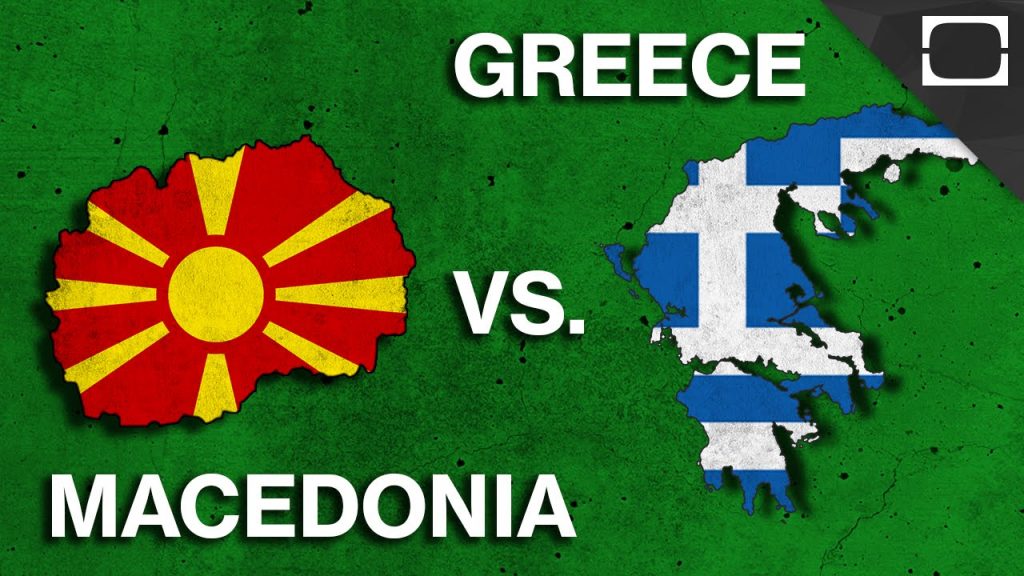History of Macedonia and Greece Conflict
Introduction
The conflict between Macedonia and Greece goes way back in the 1990s. This dispute arose when Macedonia was barred from using the word Macedonia. Macedonia is the largest and second-most populous Greek region with a population of about 2.3 million people. Bordering Macedonia to the north is Northern Macedonia; to the northwest is Albania and Bulgaria to the northeast. Most of the territories incorporated by Macedonia belonged to the ancient Macedon, a kingdom ruled by the Argeads. Therefore, Macedonia lies in between North Macedonia and Greece.
The dispute between these two countries was all about the use of the country’s name Macedonia. This conflict occurred between 1991 and 2019. This conflict led to instability in the western Balkans for about 25 years. The conflict was based on the nomenclature which Greece thought it was ambitious to use. Greece argued that Macedonia was composed mostly of Greek history and therefore, the use of Macedonia was not appropriate. Greece also objected the use of Macedonia for the neighboring country’s largest ethnic group and language. Greece further accused North Macedonia of possessing symbols and figures which represented the history and culture of the Greek people. Therefore, Greece felt the need for Macedonia to be considered part of the Greek region because it possesses most of its culture and history.
The conflict between these two countries escalated and heated up until it attracted international meditation. Numerous attempts were made by the international meditation groups to resolve the conflict. In 1995, under the watch of the United Nation body, the two countries formed a bilateral relation which committed to the negotiation of the naming process. During the negotiation process, Macedonia was named “the former Yugoslav Republic of Macedonia” and all the members of the UN body agreed to accept any name arising from the successful negotiation between the two countries.
On the contrary, the president of the Republic of Macedonia declined the use of the name “the former Yugoslav Republic of Macedonia”. His reason for this refusal was based on the fact that Serbia also considered Macedonia as its territory, hence naming Macedonia under that nomenclature will spark Serbia nationalists to claim Macedonia as their territory. The bilateral relationship based on the naming of Macedonia reached a stalemate level until the 2018 agreement. Several names were proposed such as New Macedonia”, “Upper Macedonia”, “and Slavo-Macedonia” but the Greek position was that no name incorporated with Macedonia will be accepted.
With all the diplomatic and negotiations between the two countries, an agreement was reached before June 2018 in which Macedonia was named the Republic of North Macedonia. The naming of Macedonia paves way for the republic to be a member of NATO. Even though a final agreement was reached some believe that conflict will one time erupt again. The naming of Macedonia to North Macedonia impacted negatively the objectives of Greece on Macedonia. With changing its name, the Republic of Macedonia will have to review its culture and history based on the infrastructure and statues which mostly contain Greece history.
Conclusion
The dispute between Macedonia and Greece was about the naming or rather the use of Macedonia to name a country. This conflict lasted for over 25 years but a resolution was reached in 2018 which saw the naming turned to the Republic of North Macedonia. The conflict attracted the attention of the international community which spearheaded the negotiation process.







